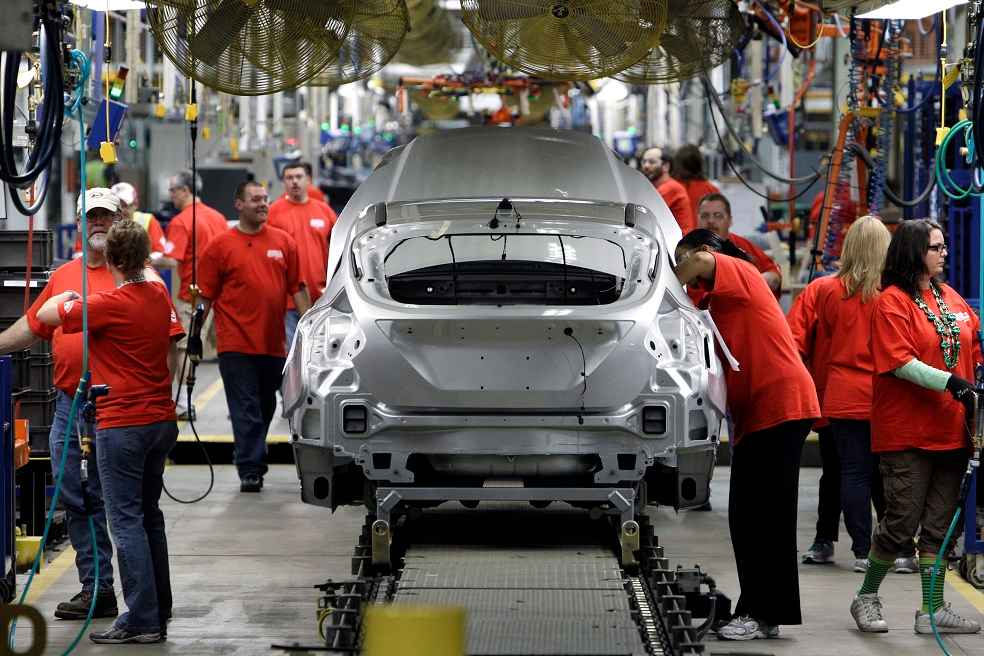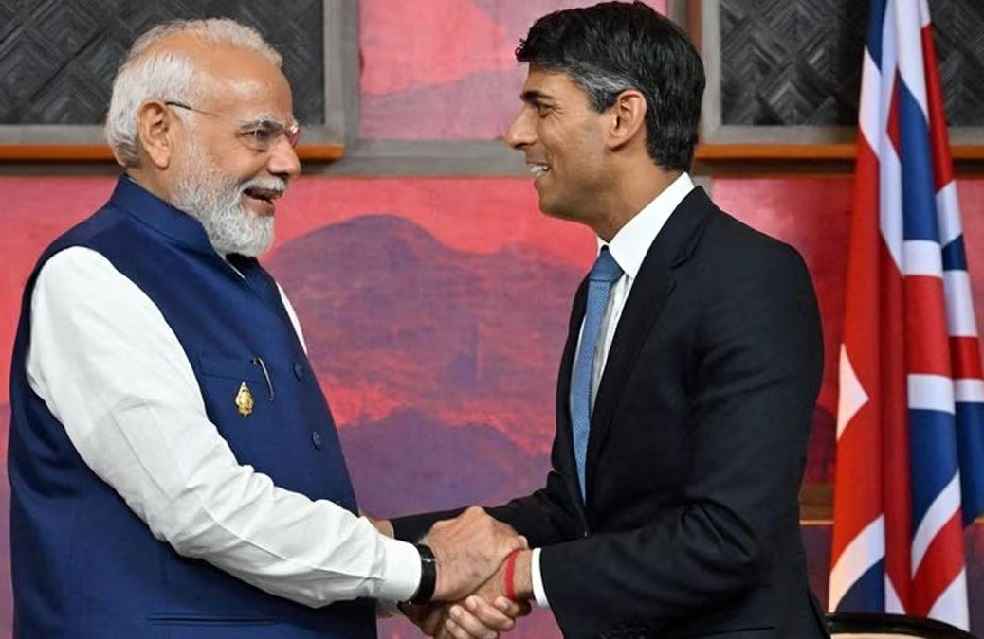A landmark agreement between Indian car manufacturers and their UK counterparts is set to redefine the automobile trade landscape. The deal, which proposes the elimination of import taxes on a limited number of vehicles, promises to unlock the vast potential of India’s booming automobile market—the third-largest globally, as per a Reuters report.
India’s current import tax structure, with rates soaring between 70 and 100 percent, has long been a formidable barrier for global automakers. In a significant shift, these rates are proposed to be scaled back to 10 percent over a five-year period on a maximum of 46,200 vehicles. This initiative is spearheaded by the Society of Indian Automobile Manufacturers (SIAM), who also voiced willingness to consider a zero percent import tax if circumstances warrant during negotiations.
For vehicles outside the limited quota, SIAM has proposed a gradual reduction of import taxes to 30 percent over a decade. This provision also allows for further reductions beyond the fifth year, depending on the growth of overall import volumes from Britain.

This proposal comes as a beacon of hope for automakers such as Tesla, which had previously delayed entering the Indian market due to the high-tax regime. The lowered import taxes are expected to fuel increased competition and innovation, inviting a more diverse range of international players to test the waters of the Indian automobile market.
The Indian automotive industry has seen stellar growth, with sales hitting a record high of 4 million cars in the fiscal year ending March 31, 2023. SIAM’s zero-duty proposal would kick off with 26,400 cars in the first year, gradually extending to a maximum of 46,200 vehicles over a decade. Notably, this quota is exclusive to combustion engine cars, leaving out electric, hybrid, hydrogen, and fuel cell vehicles.
While some experts doubt the impact of the limited quota, others argue that even a small foothold in India’s enormous market can be highly lucrative and impactful.
This development marks a watershed moment as Indian carmakers give in to government pressure to shed their protectionist stance. Yet, this move hasn’t come without reservations. Critics express concern about the potential blow to domestic manufacturing, fearing that the influx of cheaper imports might discourage investment in the local industry.

Simultaneously, apprehensions are mounting about the potential precedent this might set for future trade negotiations with other key players like the European Union (EU), Japan, and South Korea. The outcome of the ongoing India-Britain trade pact negotiations could shape the trajectory of future trade relationships and economic growth.
Trade negotiations between India and Britain, which commenced in January of the previous year, aim to boost trade to an impressive $100 billion by 2030. While the initial deadline of October 2022 was missed, the negotiations continue, underscoring the gravity and complexity of the deal.
The import tax reduction is being hailed as a pivotal move towards harnessing India’s immense market potential and drawing foreign investment. The potential benefits are manifold: fostering healthy competition, driving technological innovation, and broadening consumer options at more competitive prices.

Lowered import taxes are expected to encourage increased foreign investment by making India an attractive market for international automakers. This could spur the establishment of new manufacturing facilities, job creation, and the introduction of advanced technologies in the domestic automotive sector.
Furthermore, the proposed tax reductions are set to stimulate robust competition among domestic and international automakers, thereby giving consumers a broader array of vehicles at competitive prices. This could lead not only to increased affordability and choice but also inspire the development of vehicles that cater specifically to Indian preferences and needs.
GENERAL: Building vs Buying: A Guide for 2023 Car Wash Investors






